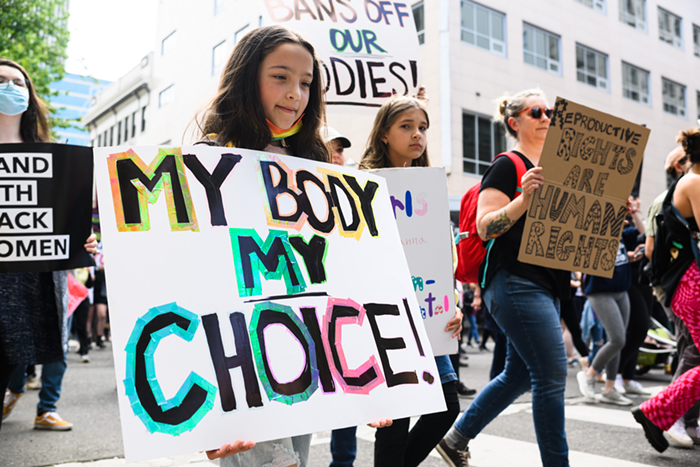Still trying to wrap your head around what just happened with the Mueller investigation? You're not alone.
But it looks like at least two people in DC had a big head start on digesting Mueller's biggest reveal, his decision not to charge Trump with obstruction of justice (while explicitly not exonerating Trump of obstruction, either).
"Roughly three weeks ago," CNN reports, both Attorney General William Barr and Deputy Attorney General Rod Rosenstein—who originally appointed Mueller as Special Counsel—were informed that Mueller would deliver no conclusion about whether Trump committed obstruction.
So that four-page letter from Barr that has everyone in America either shook or righteously indignant is not the product of one quick weekend's thought. In fact, Barr has been thinking about this for a while.
Before considering what this may mean, it's useful to review some of what's already firmly known about Trump, Russia, and the Special Counsel's investigation.
This has all gone on so long it's hard to know where to start. But we might as well begin here, in July of 2016:
That's candidate Trump asking Russia to hack Hillary Clinton's e-mails and make them public.
As it turned out, Russia did launch a campaign of hacking and social media manipulation intended to help Trump and hurt Clinton. And when all the ballot counting was done, Trump had won—with Russia's help.
Once he became president, the pattern of behavior by Trump and his associates surrounding all things Russia became so alarming that, after Trump fired former Attorney General James Comey (partly because of, Trump said, "the Russia thing"), Rosenstein appointed Mueller to investigate.
That was May of 2017.
It's now March of 2019.
Over that period, we've learned a lot about connections between Trump-world and Russia. There were more than 100 such contacts before Trump's inauguration and then, after Trump became president, the odd contacts continued. So did alarming, Russia-centered revelations (such as Trump Tower Moscow).
Meanwhile, Mueller announced indictments and guilty pleas concerning 34 people and three companies. Those people included Trump's former national security adviser, Trump's former campaign manager, and Trump's longtime adviser and friend, Roger Stone. Russia-related matters were at the center of all of this.
And yet Mueller's report, according to Barr, did not deliver prosecutable proof of an organized conspiracy between Trump-world and Russia.
On obstruction, Barr said, Mueller laid out a lot of facts but did not reach a formal conclusion as to whether Trump's negative reactions to the Russia investigation met the definition of obstruction.
Barr quoted Mueller as saying: “While this report does not conclude that the President committed a crime, it also does not exonerate him.”
So Barr decided to make the decision himself, declaring that Mueller's evidence "is not sufficient to establish that the President committed an obstruction-of-justice offense." (Barr added that he made his decision "without regard to" longstanding Justice Department policy that says a president can't be charged with a crime.)
But now we learn that Barr had three weeks to think about this response—not just the two days the rest of us have had to keep up with these revelations.
Which leaves questions on top of questions, including:
Did Barr have any conversations with Trump about this over the last three weeks? How many pages long is this "comprehensive" Mueller report, anyway? And most importantly: When will Congress and the general public be able to read Mueller's report and judge for themselves?
Before anything more can be put in the "firmly known" column about Trump, Russia, and all the varying reactions to the Trump-Russia story over the last two years, those questions will need to be answered.














